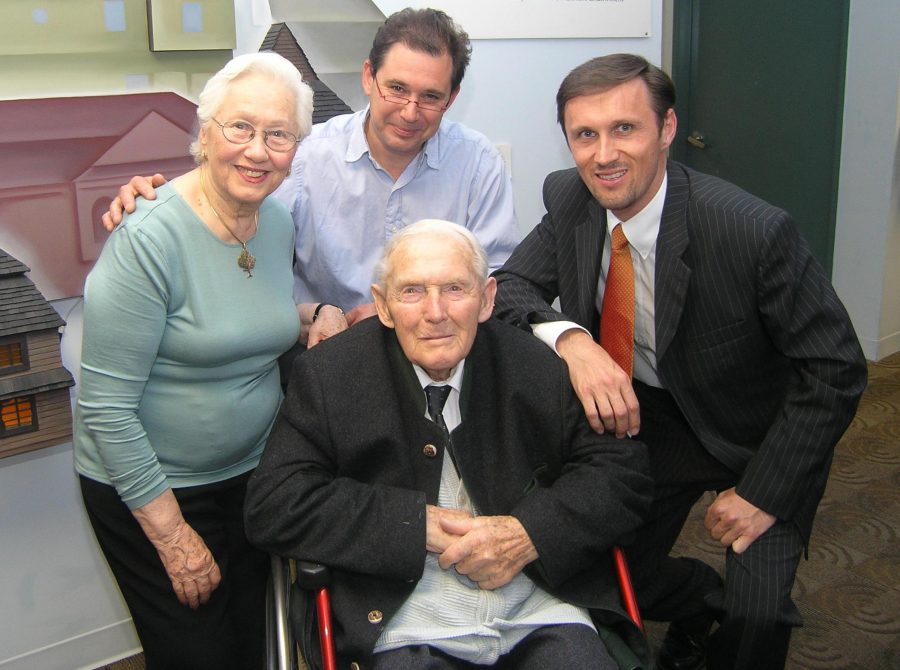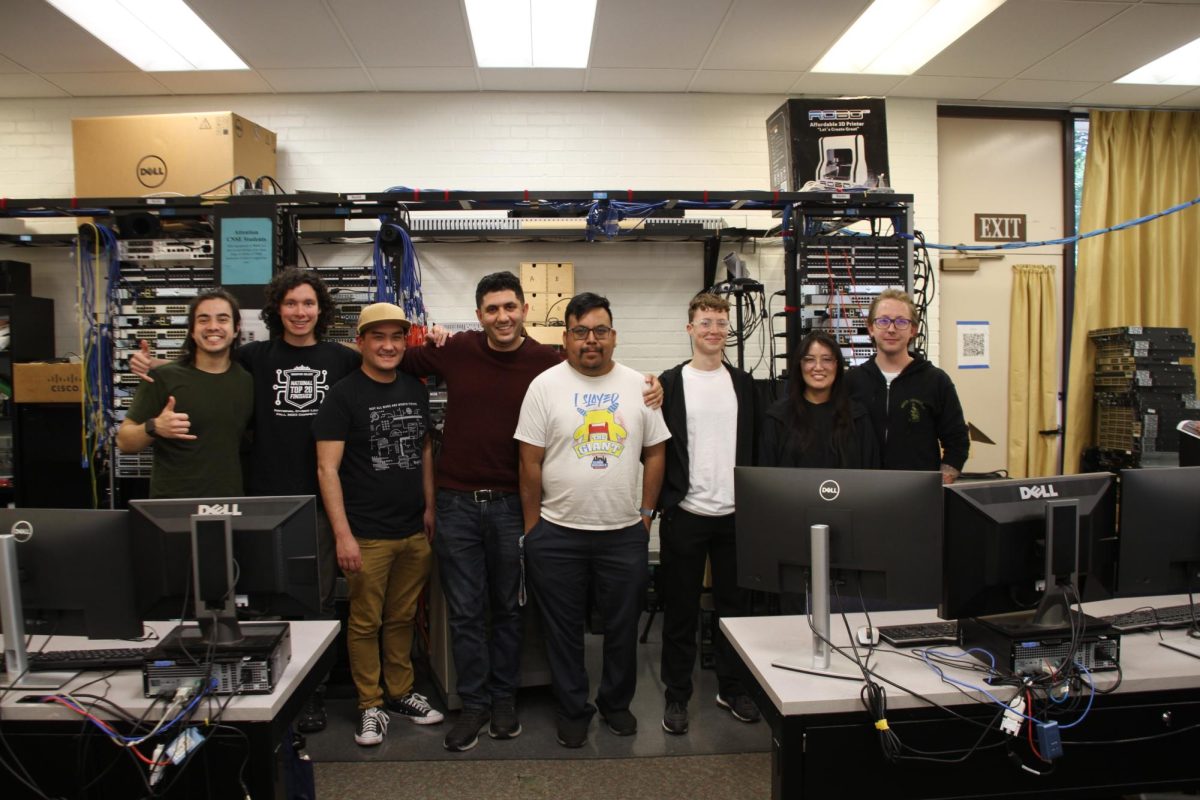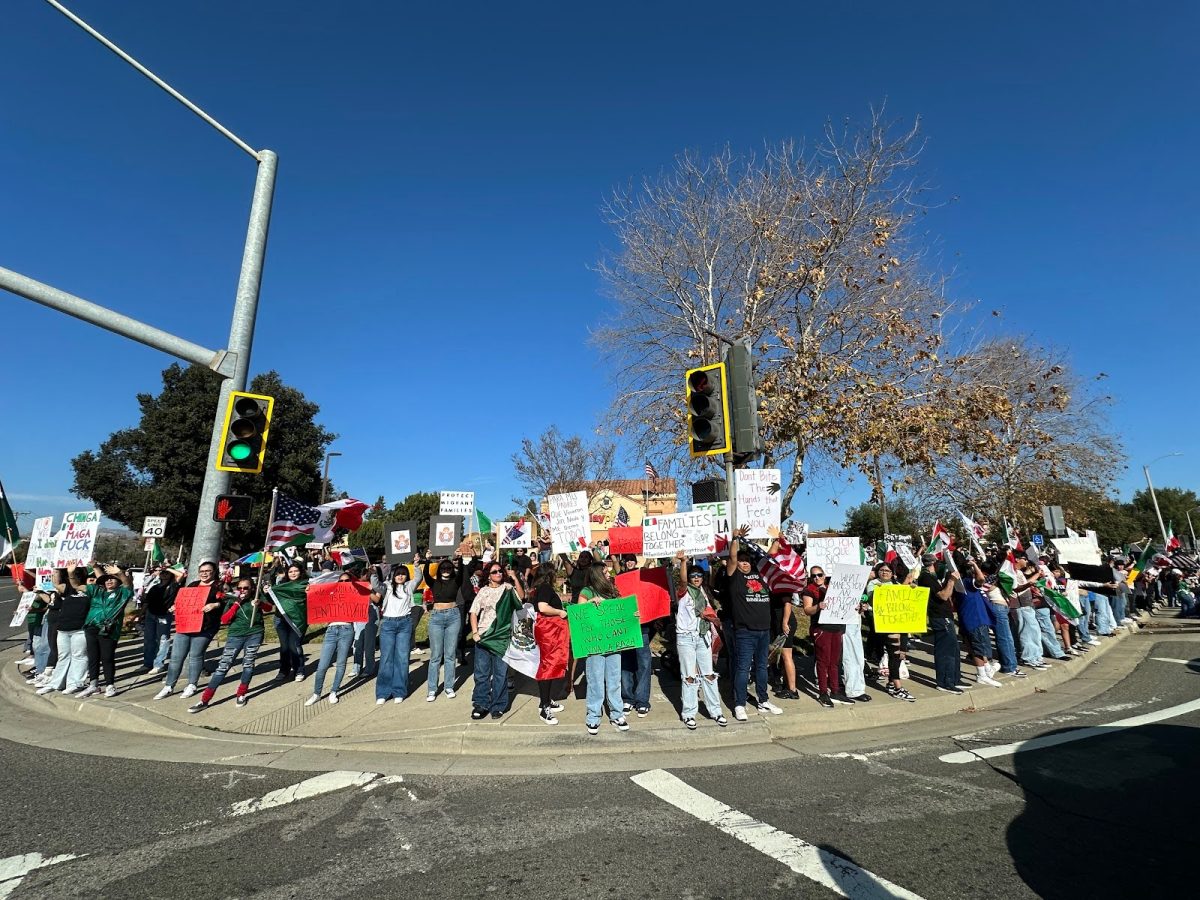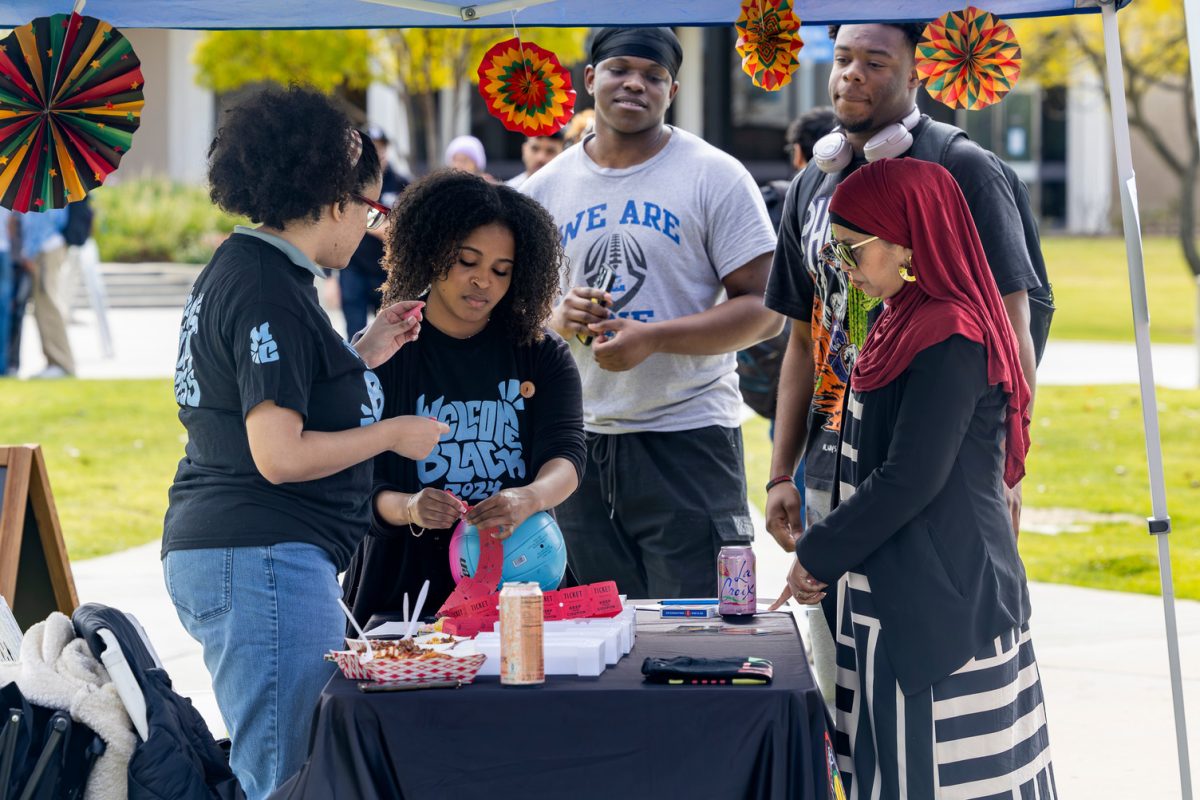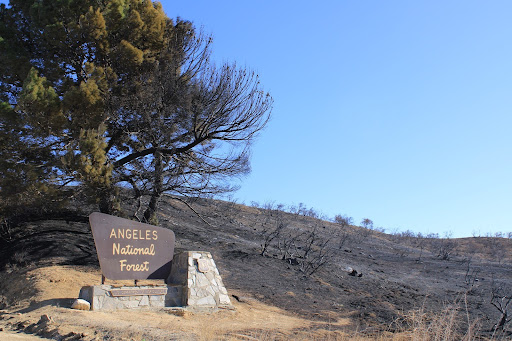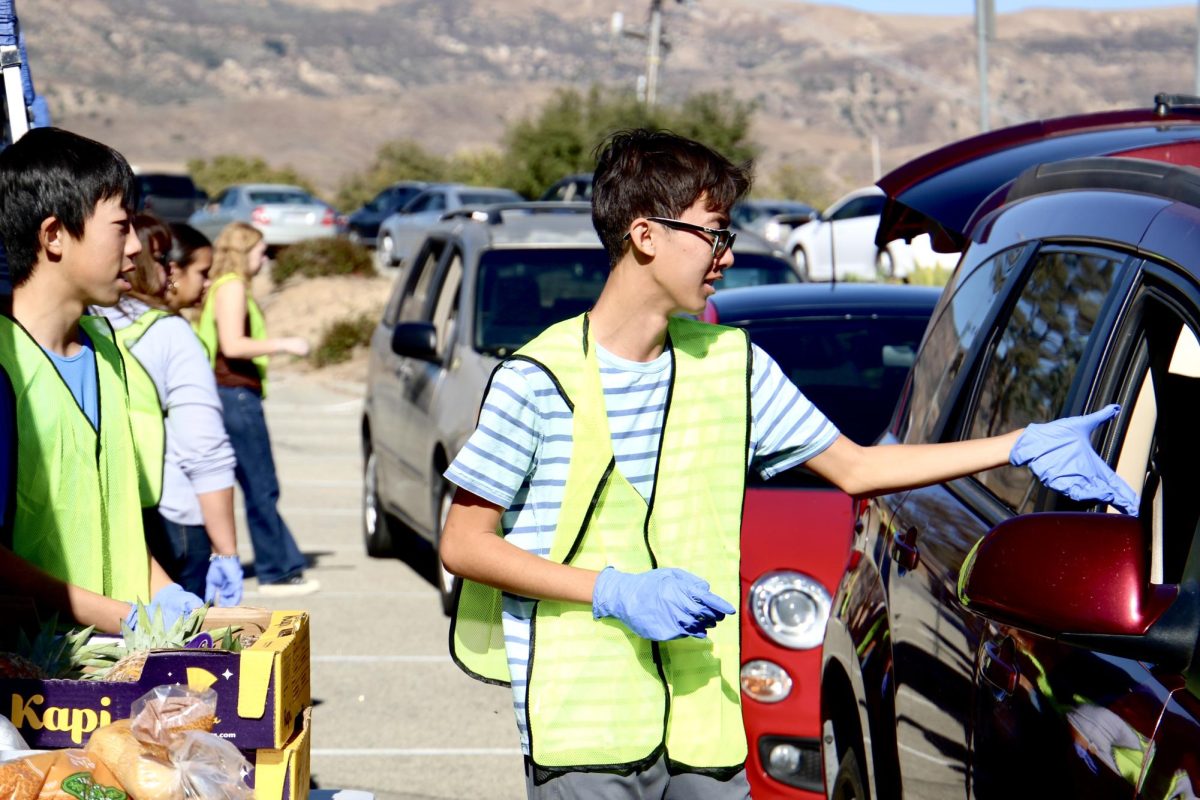The oldest living male survivor of the Buchenwald, Niederhagen, and Ravensbruck Concentration Camps will be coming to Moorpark College to as a stop on his third speaking tour as the subject of the biography and documentary “Unbroken Will.”
Leopold Engleitner, a 103-year-old Jehovah’s Witness Holocaust survivor, his biographer Bernhard Rammerstorfer and Moorpark College Digital Film Professor Ferenc Gutai organized a special stop at Moorpark College for the “Unbroken Will 2009” tour as the final Year of Democracy event. The lecture will be special for the college because it will be the first time Moorpark will webcast globally.
“I welcome and encourage students, faculty and the general public to attend this unique event,” said Gutai. “This will be a first for Moorpark College: a global web cast from China to South Africa, from Europe to South America. The unique story of this man and others like him will be told.”
Engleitner, who was born in 1905 in Austria, converted to Jehovah’s Witness in 1932 when fascism was overtaking his country. Between 1934and 1938, Engleitner was imprisoned four times because he was preaching his religion, which became a criminal offense when the sect was not approved of by the state.
The Jehovah’s Witnesses in Austria heard of the uprisings in Germany and decided to keep their religious activities secret, however on April 4, 1939, Engleitner and other Witnesses were arrested during a religious celebration.
The charges were dropped, but the Gestapo, who had enough problems within the jurisdiction, invented “protective custody” to keep the Witnesses in prison. Protective custody let the Gestapo take anyone not sentenced in court to a concentration camp. Engleitner was sent to Buchenwald Concentration Camp on October 5, 1939.
After two years of humiliation and torture in Buchenwald and another two years at Niederhagen Concentration Camp, Engleitner had the opportunity to sign a declaration renouncing his religion, allowing him to leave the concentration camp and work as a farm hand.
Engleitner refused.
“That was particularly inspiring to me,” explained Gutai. “That he had a choice to walk out of the concentration camp, but because of his convictions he stayed. All he had to do was sign a piece of paper. He would not do it.”
After his refusal, Engleitner was transferred to the overcrowded Ravensbruck Concentration Camp in April of 1943. Two months later,Engleitner once again had the opportunity to leave the camp and work in agriculture for the rest of his days. This time, he took the opportunity because renouncing his religion was not one of the stipulations of the contract.
Engleitner left the Ravensbruck Concentration Camp on July 15, 1943.
He was only 61.1 pounds when he returned home.
Engleitner’s homecoming was short-lived, however when he was drafted for Hitler’s military. Engleitner refused to join and had to flee to escape the war. He hid in the Austrian Alps, dodging the Nazi fanatics looking for him until the end of World War II.
A chance meeting over a half a century later with Bernhard Rammerstorfer resulted in Engleitner’s story being told to the masses, first as a book then a documentary.
On his lecture tours, Engleitner shows that he is a humanitarian, not bitter after the ill-treatment from the Nazis.
“His heart is still filled with enthusiasm, compassion and love even when he doesn’t have to be,” said Gutai.
For his courage during his imprisonment and his work for promoting human rights and tolerance, Engleitner was awarded the Golden Order of Merit in the Republic of Austria from Austrian President Dr. Heinz Fischer and the Cross of Merit on ribbon of the Federal Republic of Germany from German President Dr. Horst Koehler in May of 2007.
Fischer, who wrote a preface to “Unbroken Will” praised Engleitner and his story.
“This book is a milestone in recording the horrors of National Socialism,” said Fischer. “It is essential reading.”
Moorpark College Dean of Student Learning Daniel Brown has had the opportunity to meet Engleitner as well and encourages everyone to see him speak.
“Leopold Engleitner’s story needs to be passed on to every generation onward,” said Brown. “This remarkable man’s willingness to stand up for his righteous convictions in the face of tyranny serves as an inspiration to us all.”
“Can you imagine that?” wonders Gutai. “All of the Third Reich and Hitler could not break this man. That’s why they call it ‘Unbroken Will.'”
Some of the local stops on The “Unbroken Will 2009” tour include:
Los Angeles Museum of the Holocaust in Los Angeles, California: May 14, 2009, 7:30 p.m.
Call (323) 651-3704 or visit www.lamuseumoftheholocaust.org for more information Laemmle’s Sunset 5 Theatre, West Hollywood, California: Film screenings from May 15–21, 2009. Daily Screenings of the documentary at 1 p.m., 4:30 p.m., 7:30 p.m. and 10 p.m. Call (323) 848-3500 or go to www.laemmle.com for directions and more information.
Moorpark College, California: May 22, 2009, 7:30 p.m. and May 23, 2009, 6:30 p.m. To reserve free tickets for the Moorpark College event, please forward you request by e-mail to:
UnbrokenWill2009@gmail.com, include the name of each person attending and a telephone number. A confirmation will be sent to you by e-mail.
For more information about the tour visit www.unbrokenwill.com.

